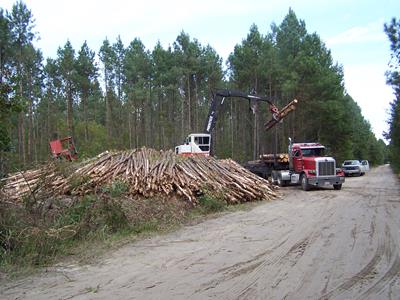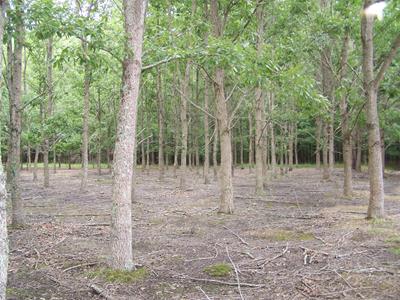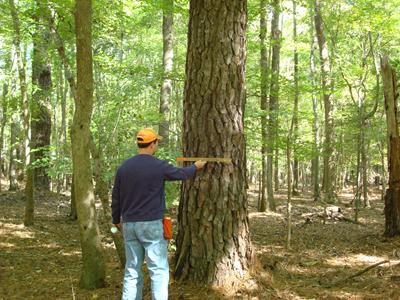To understand forestry, we need to look at what forest resources are, where they are and who owns them.
Forest Resources
Forest resources are more than just trees. They are everything in and associated with forests-trees and a number of other organisms in complex ecological linkages. America’s forest cover about 30 percent of the nation’s land and are owned by a multitude of individuals, corporations and government agencies.
Forest Benefits
- Americans come in contact each day with over 10,000 items that come from forests.
- Each of us uses 663 pounds of paper in a single year.
- Much of the grazing area in the west is on forested lands.
- Forests make a near-invaluable contribution to water quality and water production.
- Forest-based recreation takes many forms, depending on our individual needs and interests.
- Forests cleanse the air, hold back the wind and protect the soil.
Management Considerations
There are many factor influencing our forest resources:
- Ever-increasing demands for forest products
- An increasing population seeking more and new forms of recreations
- A need for more clean water and the physical intrusion of urbanization
What is a Forester?
A forester is a person educated in the science and art of forestry and engaged in forestry work.
To possess the title of “ forester,” you generally must have a college degree from a school offering professional forestry education.
What Does a Forester Do?
Foresters may be found in the woods, in mills, in offices, laboratories, classrooms, banks, board rooms, even in the halls of Congress.
Examples of Foresters:
- Unit manager for a major pulp and paper company – responsible for all forest management activities on 30,000 acres of company-owned and leased land.
- District ranger on a National forest covering over 200 square miles of both forests and grasslands.
- Consulting forester; provides specialized services to private forestland owners.
- Urban forester: one of a growing number of foresters bringing their special skills to the urban environment.
- Field forester: Works with a large land management company developing a computerized forest site inventory and works with wildlife biologist to enhance wildlife habitat.
- Forest geneticist: long-term project in tree improvement – selecting, testing and, developing new trees for better quality, faster growth, and resistance to insects and disease.
- Tree seedling nursery manager: responsible for supervising seed collection, seedling and management of nursery beds and lifting (digging) of seedlings.
|
|




